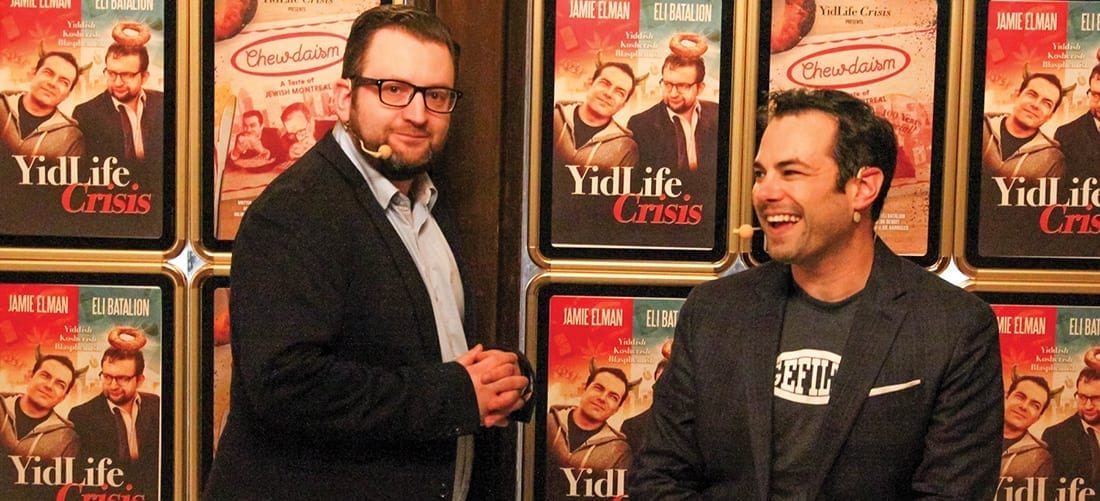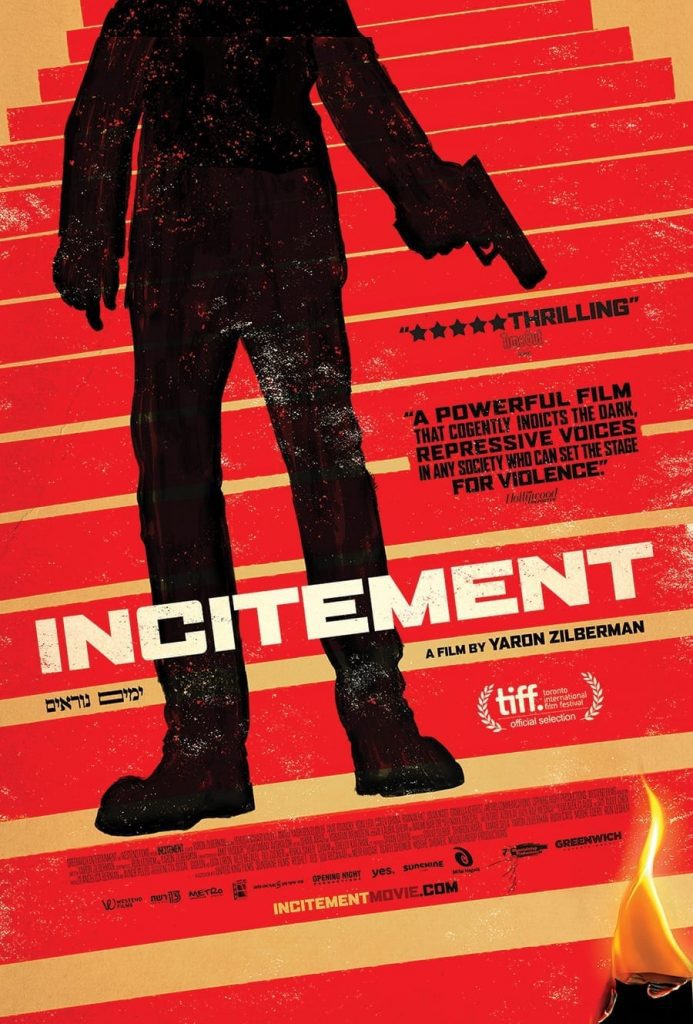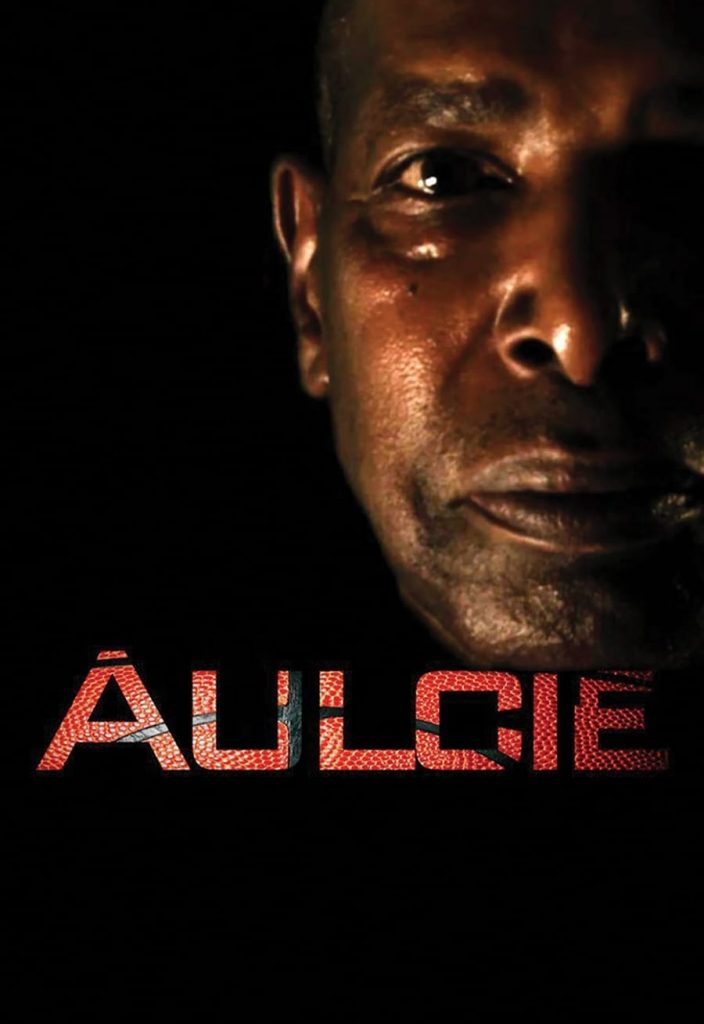Oy to the world
February 5, 2020

Charlotte Jewish Film Festival enters its 16th season with a lineup that appeals to all faiths and backgrounds.
by Michael J. Solender
For Jeff Turk, Charlotte Jewish Film Festival’s longtime film selection committee chair, one distinctive measure of the festival’s long-term success is the number of phone calls he gets each fall inquiring about screening dates.
“The calls start in early September as festival fans are planning their winter vacations,” says Turk, the Levine Jewish Community Center’s immediate past president. “There are many couples and families that plan their travel schedule around the film festival dates, and they want to be certain to make it to each and every film.”
CJFF enters its 16th season as Charlotte’s longest continuously running film festival. Spawned from a two-film, one-night screening at the Light Factory in 2005 hosted by a local Hadassah (an international Jewish women’s organization) chapter, CJFF today boasts more than two dozen films and events occurring during the three-week core festival in February as well as screenings in the summer and fall. Festivalwide attendance last year approached 5,000.
CJFF’s long-running success might seem counter to the fact that the Charlotte region is home to a relatively small Jewish population, estimated around 15,000, according to Jewish Heritage North Carolina.
Festival director Susan Cherin Gundersheim doesn’t see it that way. “The mission of the festival is to illuminate the Jewish experience through film,” she says. “Our films explore what it is to be human, albeit through a Jewish lens, yet there is a universality to these films that resonate with audiences of all faiths and backgrounds.”
The festival routinely looks for community partners to diversify appeal and expand audience base, Gundersheim says. In recent years, CJFF has teamed with organizations such as the Harvey B. Gantt Center for African American Arts + Culture; Charlotte’s LGBTQ community including Reel Out Charlotte and the Charlotte Gay Men’s Chorus; the local interfaith community through Mecklenburg Ministries; and with mental-health and social-services agencies such as Jewish Family Services.
Post-film discussions with filmmakers, actors and directors lend access to the creative process, themes and topical messages. In 2018, filmmaker Rene Balcer, perhaps best-known as a writer and producer for various installments of the Law & Order TV crime series, appeared to screen his film Above the Drowning Sea. The powerful story of Jews escaping Nazi Germany who found refuge in an unlikely Shanghai, China, led to lively conversation around current global immigrant crisis.
“What sets festivals apart for audiences,” says Charlotte film buff Jeff Jackson, “is creating an environment where people are not only excited to be there amongst other film fans, but also establishing an atmosphere where people are more willing to take chances on films they wouldn’t normally have the opportunity or inclination to see.” Jackson founded the NoDa Film Festival that ran from 2006 to 2012, served as film curator for the “New Frequencies” series at the McColl Center for Art + Innovation, and currently curates film programming for the Avant Goodyear event series at Goodyear Arts gallery in Camp North End.
“A big part of CJFF’s success has been building audience relationships with their consistently good programming,” Jackson says.
Among the notable guests CJFF has brought to Charlotte are actor/director Peter Riegert (Animal House, Crossing Delancey), stage and film actor Sasson Gabai (The Band’s Visit), producer/writer Mike Reiss (The Simpsons), Major League Baseball star Josh Zeid (Heading Home: The Tale of Team Israel) and director Roberta Grossman (Hava Nagila).
Jackson points out one of the not-so-small ironies for film enthusiasts in Charlotte: As the city grows in population, screenings of independently made, small-budget and foreign films is shrinking.
“Charlotte has very few “art house” screens, and it’s only through festivals like CJFF where enthusiasts have the chance to screen films not made by large studios,” he says.
Show stoppers
The CJFF selection committee screened more than 80 films before selecting the final 16 that will be shown during the festival, says committee chair Jeff Turk. This year’s lineup features political thrillers, documentaries, comedies and heartfelt dramas. Here are a few highlights.
YidLive!, Feb. 1 (opening night): Montreal-born comedians Eli Batalion and Jamie Elman bring the Yiddish they learned in high school to new artistic heights through their popular web series, YidLife Crisis. The duo recently completed the show’s third season featuring a pair of quirky Montreal foodies exploring their common Jewish heritage, culture and religion as it collides with an increasingly secular world. This multimedia comedy show (think Seinfeld on steroids, with Canadian accents) combines the best clips from the web series with standup and audience participation. “Inclusivity is one of YidLife’s pillars,” Elman says. “We use comedy and humor in our live show and love sharing the universality of the Jewish culture with audiences.”
Balalion and Elman also are scheduled to host their feature-length documentary, Chewdaism: A Taste of Jewish Montreal on Feb. 2. The pair take their schtick onto their home Canadian turf and discover their own mixed-up heritage in the story of Jewish Montreal, as told through an entire day’s worth of eating around the city. “Food is such an essential part of Jewish culture,” Batalian says, “And Montreal has such an extensive food scene, that by extension, it has become a third character in our show.”

Incitement, Feb. 5: This tense political thriller won Israel’s prestigious Ophir Award for Best Picture in 2019 and was Israel’s entrant into this year’s Oscars for Best Foreign Language Film. The drama follows the assassination of former Israeli prime minister, Yitzhak Rabin, and is told from the point of view of the killer. The film has been both hailed and assailed in Israel and has stoked controversy for its exploration of the assassin’s frustrations that led him to murder Rabin.

Aulcie, Feb. 23: Aulcie is a documentary of the life and career of Aulcie Perry, a heralded small college basketball star who just missed making the New York Knicks. Perry, whose parents grew up in North Carolina, took his talent overseas and became a basketball legend in Israel, where he converted to Judaism. He led Maccabi Tel Aviv to an upset win in the 1976 European Championship. Perry’s inspiring story is not without heartache, as the film chronicles his search for a daughter he never knew, his battle with addiction, incarceration, and ultimately redemption and renewal. Nancy Spielberg — Steven Spielberg’s sister — is the film’s executive producer. SP
WANT TO GO?
When: Feb. 1 – 23
Where: Various venues throughout Charlotte, including Shalom Park and Regal Ballantyne Village.
Admission: An all-festival pass is $160, single tickets are $11-$25.
For the full schedule and more information, go to charlottejewishfilm.com.